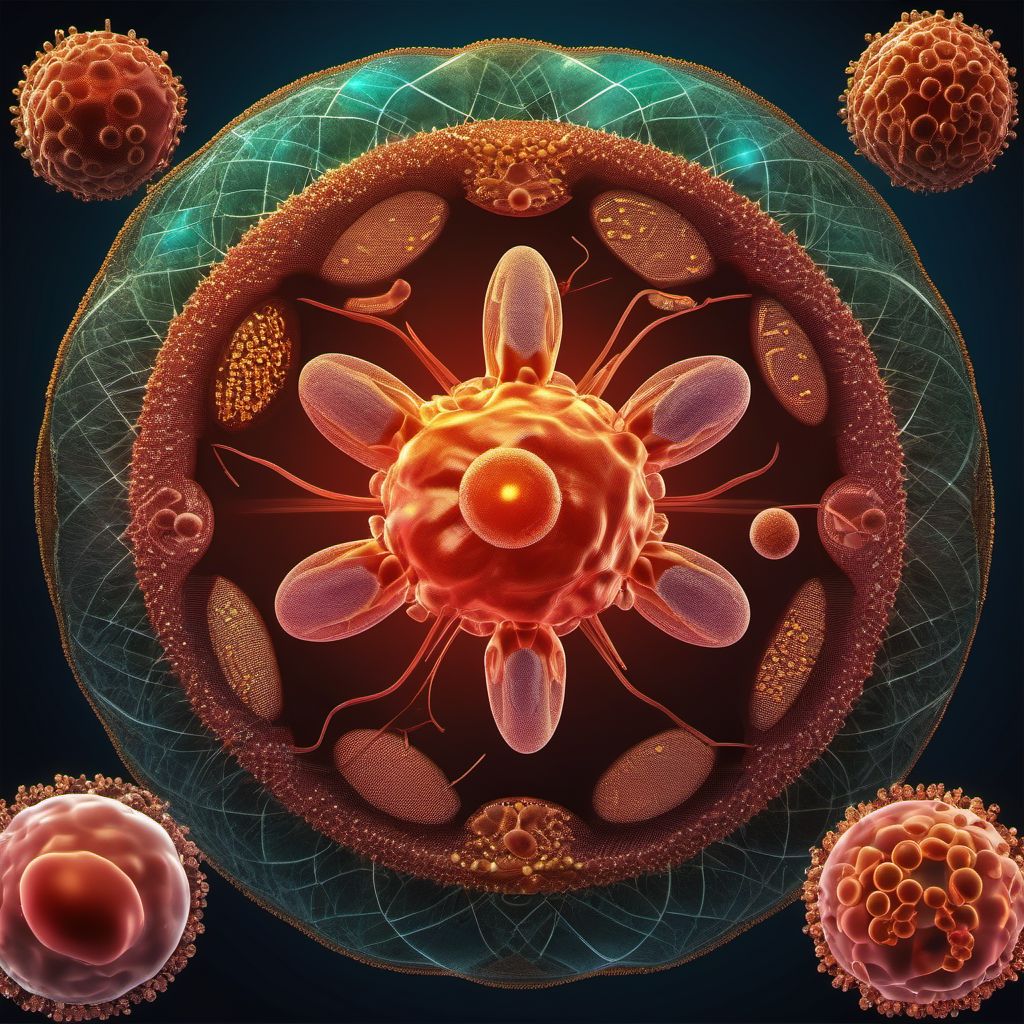
Amebiasis, Unspecified: Causes, Symptoms, and Treatment
Amebiasis, unspecified, is a type of parasitic infection caused by the amoeba Entamoeba histolytica. This condition is common in tropical and subtropical regions and can affect people of all ages. The infection can occur when a person ingests food or water contaminated with the amoeba or comes into contact with infected fecal matter.
Here are the common symptoms of amebiasis, unspecified:
- Abdominal pain and cramping
- Diarrhea, which may be bloody
- Fever
- Nausea and vomiting
- Weight loss and loss of appetite
Some people infected with the amoeba may not show any symptoms at all. In rare cases, the infection can spread to other organs, such as the liver and lungs, causing serious complications.
To diagnose amebiasis, unspecified, a doctor may perform a stool test to look for the presence of the amoeba. In some cases, an imaging test, such as an ultrasound or CT scan, may be necessary to check for complications.
Treatment for amebiasis, unspecified, typically involves medications to kill the amoeba and to relieve symptoms. Your doctor may prescribe antibiotics, such as metronidazole or tinidazole, to kill the amoeba. They may also recommend medications to relieve symptoms, such as pain relievers and anti-diarrheal medications.
Preventing amebiasis, unspecified, involves practicing good hygiene habits, such as washing your hands thoroughly with soap and water before eating and after using the restroom. You should also avoid drinking untreated water and eating raw or undercooked foods, especially when traveling to areas where amebiasis, unspecified, is common.
If you suspect that you have amebiasis, unspecified, it is essential to seek medical attention right away. With proper diagnosis and treatment, most people with amebiasis, unspecified, can make a full recovery within a few weeks.